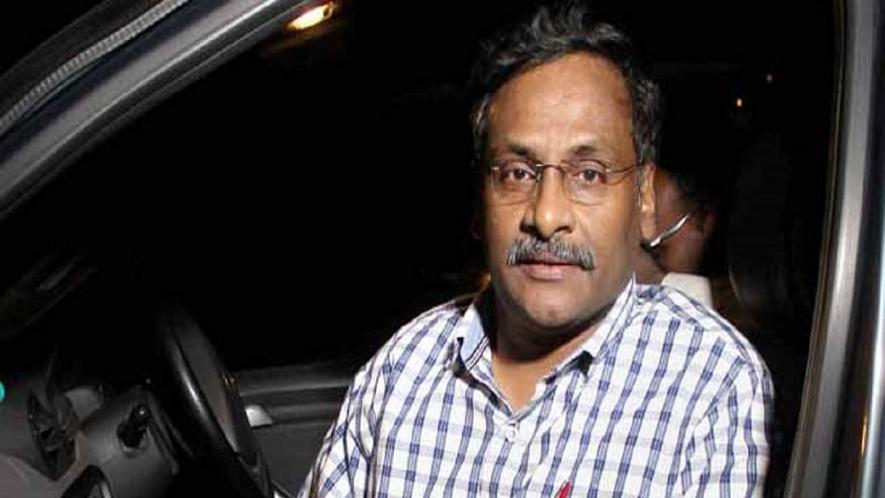
Former Delhi University professor G N Saibaba. Image Courtesy: Social Media
New Delhi: For the supporters, friends, colleagues and family of former Delhi University professor GN Saibaba, a Bombay High Court judgement acquitting the wheelchair-bound academic on Friday was a resurgence of hope that lasted only a day. The very next day, the Supreme Court suspended the High Court’s release order.
The Committee for Defence and Release of Saibaba felt that the SC’s move undid the Bombay High Court’s judgment that finally served justice to Saibaba and others who have been incarcerated for almost seven years.
The Committee said that the reversal of the HC judgment in a great hurry was a reflection of the justice system in India.
Saibaba and others were convicted in 2017 on terrorism and criminal conspiracy charges under various sections of the Indian Penal Code (IPC) and Unlawful Activities (Prevention) Act (UAPA). The Bombay HC had quashed the conviction of Saibaba and others on grounds of a procedural lapse during the prosecution.
Amid the grim situation, Saibaba’s wife and activist Vasantha told Newsclick: “We have hope regarding the judiciary. We will wait for justice.”
Expressing deep worry about Saibaba’s poor health and further aggravation of his 90% disabilities, the Committee said in a statement, “We appeal to the Supreme Judicial Authority of the country to review and reconsider his case and take the Judgment of Bombay High Court into consideration and acquit him and others in this case. This would restore public confidence in the Justice system of our country.”
It said that the condition of Indian jails and their punitive (instead of reformative) nature has led to the deaths of Stan Swamy and Pandu Narote. “This should not repeat in the case of Saibaba who has been voicing his concerns on the suffering of the marginalised sections of the society,” it said.
The statement further said, “The observation of the court that he has a powerful mind is negation of the essence of freedom of thought J. S. Mill wrote in his book on “Liberty” that “Unrestrained Freedom of Thought is the hallmark of Democracy.” Dissenting voices as Justice D.Y. Chandrachud observed work as a check against the arbitrary exercise of power by the executive authority; unchecked power is like pressure cooker which can lead to a burst at any time if the dissent is not allowed.”
The Defence Committee noted that the judiciary must protect the freedom of citizens and balance it against the power of the State. “If they have to err it should be on the side of freedom,” it said.
A section of activists and Left outfits on Saturday expressed disappointment with the Supreme Court’s decision. The All India Students’ Association (AISA) held a demonstration at the Delhi University’s Arts Faculty, demanding the release of Saibaba hours after the SC stayed his acquittal, news agency PTI reported.
The police detained around 40 students and teachers protesting at the DU Arts Faculty. The Left-backed AISA, however, claimed the number of detainees is higher, and also alleged the protesting students and teachers were “beaten up and manhandled” by the police.
Courtesy: Newsclick
